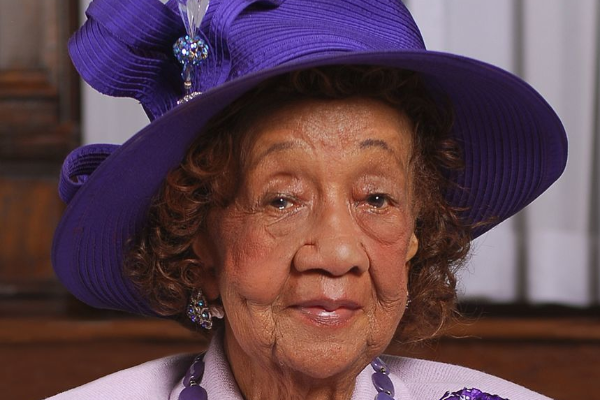Mar 8, 2017
Height is something of an unsung hero to both the civil rights and women’s rights movements, largely because of the sexism within the civil rights movement and the racism within the women rights movement. According to the New York Times, Height is “widely credited as the first person in the modern civil rights era to treat the problems of equality for women and equality for African-Americans as a seamless whole, merging concerns that had been largely historically separate.”
Read the Full Article

Already a subscriber? Login
